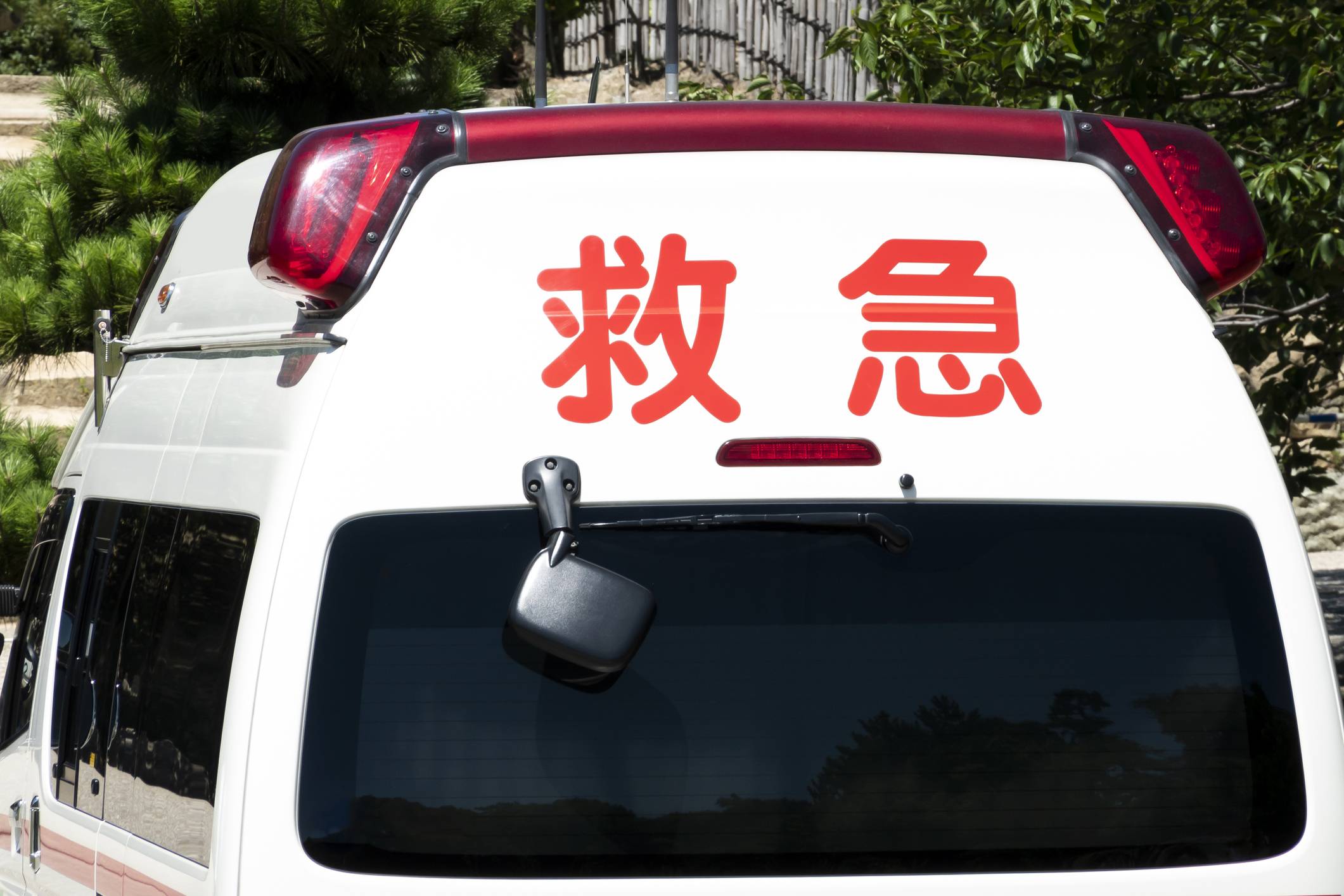Picture yourself walking down the street in perfect weather. It’s a sunny day, all seems well, and then you come across a person collapsed on the ground before you. They aren’t moving. You pull out your phone and dial the number for an ambulance, 119, but then your mind goes blank.
In the 10 years since the Great East Japan Earthquake there has been no shortage of introductions to so-called disaster vocabulary. There’s also a multilingual support system in place to help those who don’t speak Japanese make emergency calls. Information can sometimes get lost in translation, though, so in order to minimize the potential for miscommunication, reviewing what to say when calling either 119 (for fire and ambulance) or 110 (for police) is important, as you never know when it might come in handy.
Let’s start with 119番 (hyakujūkyū-ban). If you’re in a crowd and need help, you can always ask someone else to make the call: 119番お願いします (hyakujūkyū-ban onegaishimasu, please [call] 119). If you’re the one that has to make the call, an operator should pick up within seconds and ask, 火事ですか?救急ですか? (Kaji desu ka? Kyūkyū desu ka?, Fire or first aid?) If you’re calling 110番 (hyakutō-ban) for the police, you should hear, 事件ですか?事故ですか? (Jiken desu ka, jiko desu ka?, Crime or accident?)


















With your current subscription plan you can comment on stories. However, before writing your first comment, please create a display name in the Profile section of your subscriber account page.